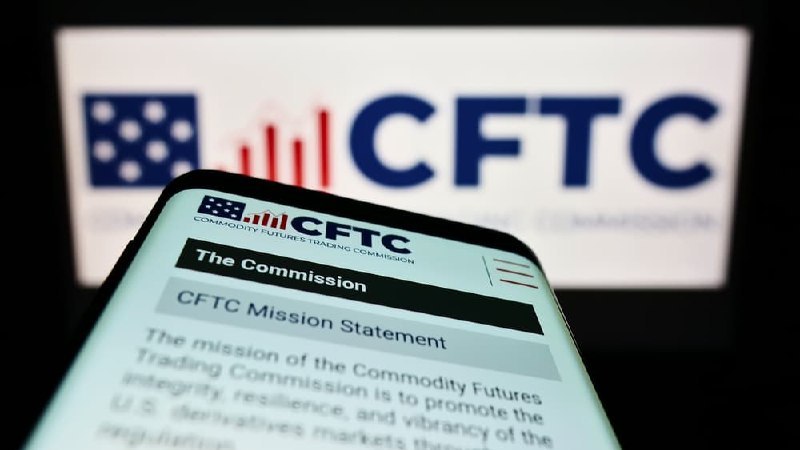The chair of the U.S. Commodity Futures Trading Commission (CFTC), Rostin Behnam, has challenged Congress to move fast and enact legislation to regulate the cryptocurrency space.
According to Behnam, following the FTX crypto exchange collapse and the resulting loss of customer funds, there is a need for enacting stringent and uniform standards across the digital markets space, he said in a speech before the U.S. Senate Committee on Agriculture, Nutrition, and Forestry on November 1.
The regulator pointed out that the effects could spill over to the general financial system if the crypto sector is contained.
“The events of the past few weeks embody–in the most regrettable way—the perilous state of the digital asset market. <…> I strongly believe that we need to move quickly on a thoughtful regulatory approach to establish guardrails in these fast-growing markets of evolving risk, or they will remain an unsafe venture for customers and could present a growing risk to the broader financial system,” he said.
Behnam further noted that there is a need of having a clear body that can regulate digital assets. Notably, there have been calls for clarity between the CFTC and the Securities Exchange Commission (SEC) on the right body to manage crypto oversight.
“Failure to act will leave consumers who have made investments in digital commodities largely unprotected. Unlike other federal financial regulators, the CFTC lacks the necessary and direct authority to write rules and oversee this marketplace,”
He added:
“With nominal barriers to entry for new products and consumers, massive speculative interest has taken the place of legitimate market forces, putting the American public at significant risk.”
It is worth noting that the comprehensive crypto regulation bill by Wyoming Senator Cynthia Lummis seeks to clarify the right regulatory body.
CFTC’s recommendations
Additionally, CFTC recommended that cryptocurrency exchanges seeking to serve retail investors must register with a federal market regulator.
Part of the regulation will compel players to outline the separation and protection of customer funds, maintenance of sufficient capital to operate, and public disclosures backed by independent accounting.











 All while Pfizer—a company with a $2.3 billion criminal fine for fraudulent marketing, bribery, and kickbacks—was given blanket immunity from liability and billions in taxpayer dollars to produce a vaccine in record time with no long-term safety data.
All while Pfizer—a company with a $2.3 billion criminal fine for fraudulent marketing, bribery, and kickbacks—was given blanket immunity from liability and billions in taxpayer dollars to produce a vaccine in record time with no long-term safety data.
























